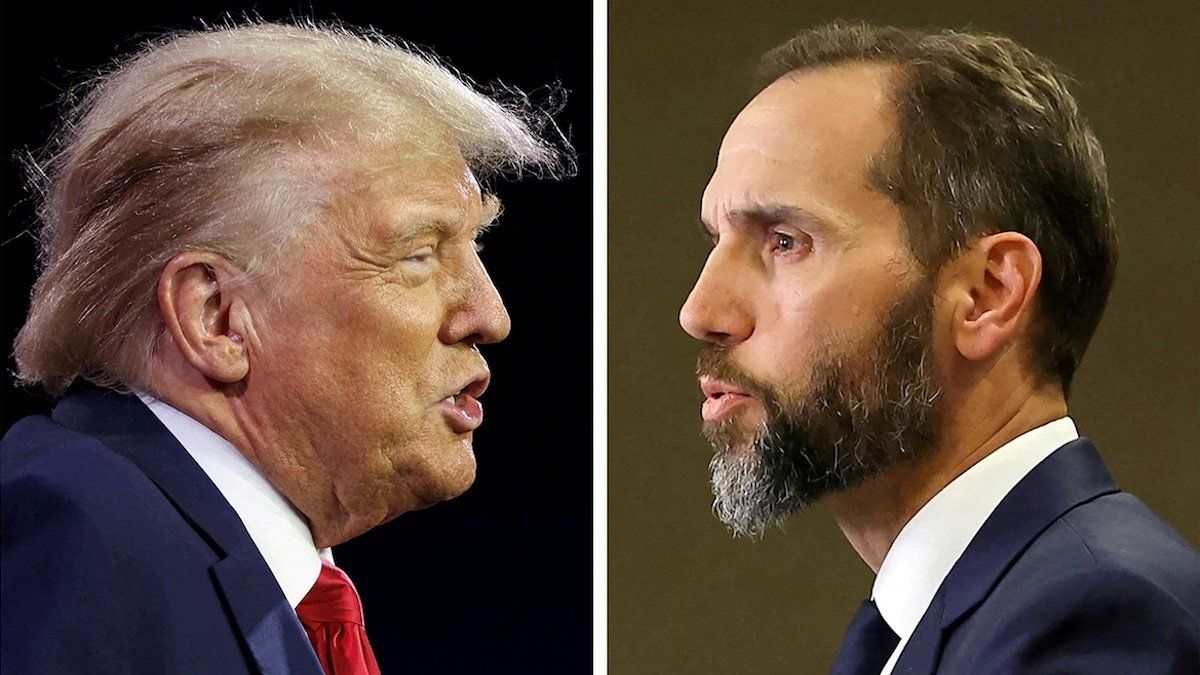Special Counsel Jack Smith filed motions on Monday to dismiss both the election interference and classified documents cases against President-elect Donald Trump. The cases were doomed the day Trump was reelected, as a long-standing Justice Department policy prohibits the criminal prosecution of sitting presidents.
Trump spokesperson Steve Cheung said the dismissals represent “a major victory for the rule of law,” while Smith said Trump’s victory set the need for the office of the president to operate unencumbered by prosecution at odds with the principle that “no man is above the law.” Smith is expected to retire before Trump fulfills a campaign promise to fire him. The motions to dismiss also vindicate Trump’s strategy of delay, with the mandate of voters sparing him further time in federal court.
The state cases in Georgia and New York are different. The federal government doesn’t have the power to simply make them go away, and even those who think Trump has the power to pardon himself in federal cases agree that he has no power in state issues. That said, the Georgia appeals court abruptly canceled hearings related to attempts to disqualify Fulton County District Attorney Fani Willis. Trump has multiple defendants who could face televised trials if the case goes forward, whereas in New York he is the sole defendant.
